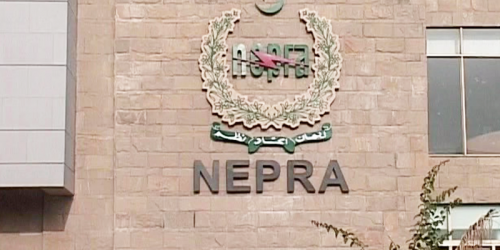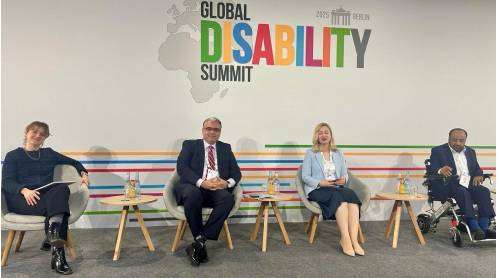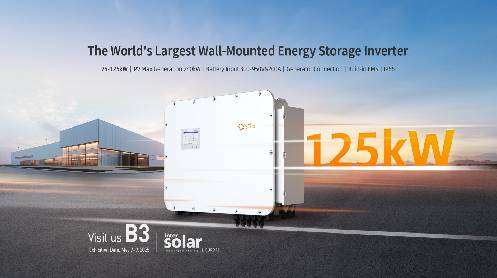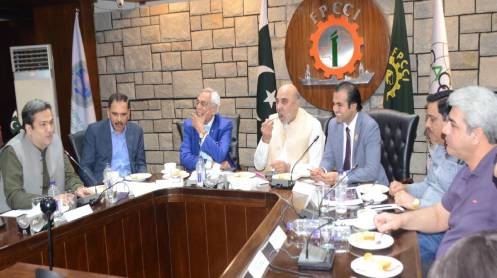As the government is encouraging utilisation of renewable energy technology at the consumer end, The National Electric Power Regulatory Authority (Nepra) issued a total of 5,283 new licences for net-metering-based installation of approximately 90.15MW during the July 2020 to March 2021, the Economic Survey suggests.
“As of 31st March, 2021, a total of 10,563 generation licences for net-metering-based solar installations with a cumulative capacity of 181.27MW had been issued by [the] National Electric Power Regulatory Authority.”
The government announced a new Alternative Renewable Energy (ARE) Policy 2019 in October 2020. The policy aims at creating a conducive environment supported by a robust framework for the sustainable growth of ARE sector in Pakistan.
government’s strategic objectives of energy security, affordability of electricity, availability for all, environmental protection, sustainable development, social equity and mitigation of climate change will further be harnessed under the ARE Policy 2019.”
In terms of energy-mix, Pakistan’s reliance on thermal, including imported coal, local coal, re-gasified liquefied natural gas (RLNG) and natural gas has been decreasing over the last few years.
“Pakistan’s dependence on natural gas in the overall energy mix is on [a] decline and the reduction of its share in the energy mix is due to [the] declining natural gas reserves and [the] introduction of LNG.”
The share of renewable energy has steadily increased over the years. The government is also taking measures to increase the shares of hydel and nuclear in energy-mix.
“Energy systems around the world are going through rapid transitions that will bring significant changes to the way we fuel our cars, heat our houses and power our industries. These trends will have widespread implications for businesses, governments and individuals in the coming decades. In Pakistan, special measures have been taken to use these innovations for domestic usage of energy, such as Electrical Vehicle Policy 2020-25.”
The survey suggests there has been no considerable change in the consumption pattern of electricity. During July-April FY21, the share of agriculture in electricity consumption remained constant at 8.9 per cent. However, the share of industry in electricity consumption has increased to 26.3 per cent from 25.5 per cent earlier, which shows revival of the economic activities.
Pakistan is successfully overcoming the energy crisis, which has a direct and indirect impact on all the sectors of the economy, through increase in generation, as well as in transmission capacity of the system.
Presently, the energy sector is confronted with some issues, which needs to be filled up along with the improvement in the energy-mix for its supply at lower cost, as well as fixation of other energy-related issues, which are strained to the national exchequer.
Besides the ongoing big hydropower projects, the present government is also pursuing cost-effective renewable energy resources to improve the existing energy-mix in the country.







